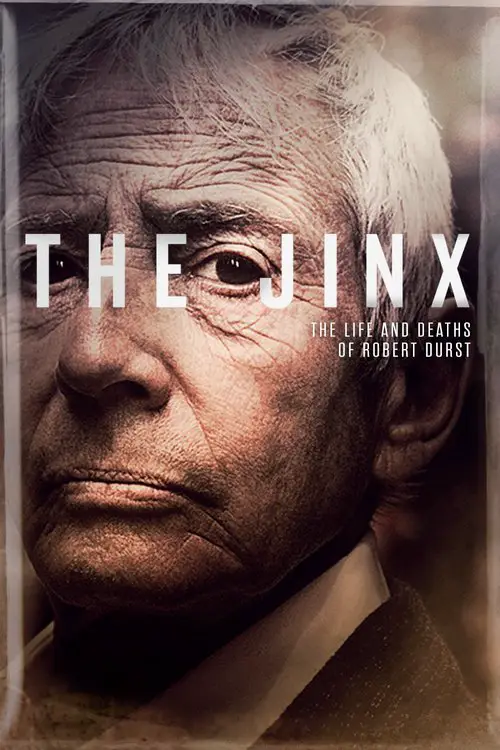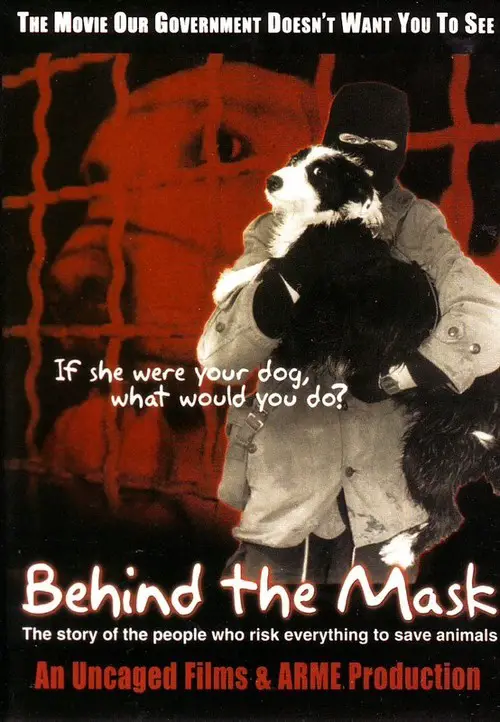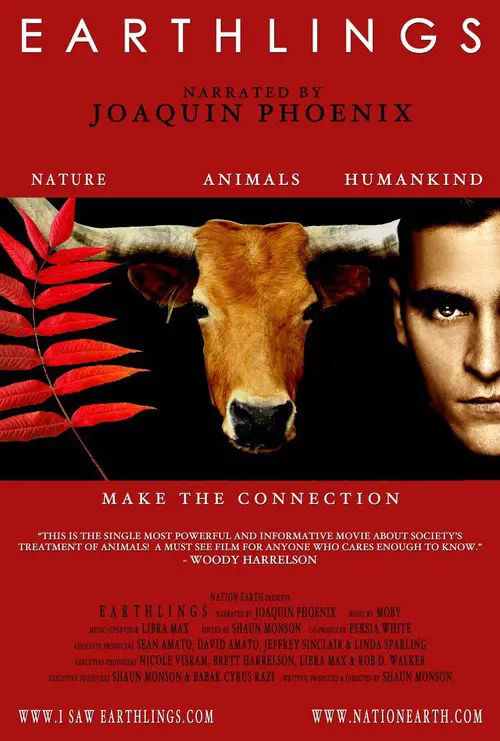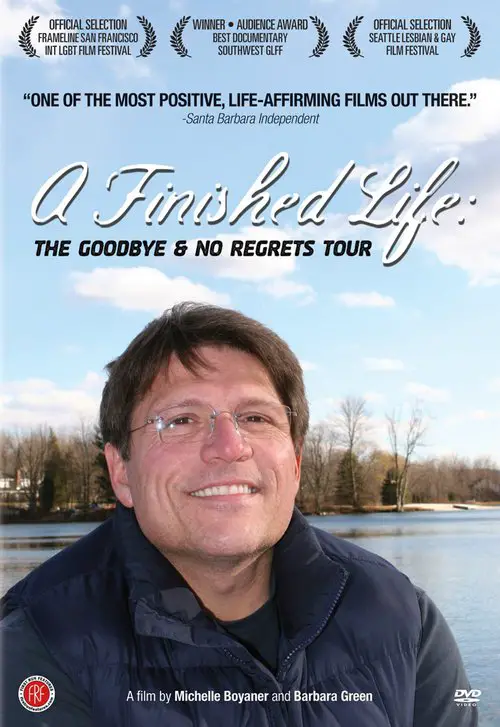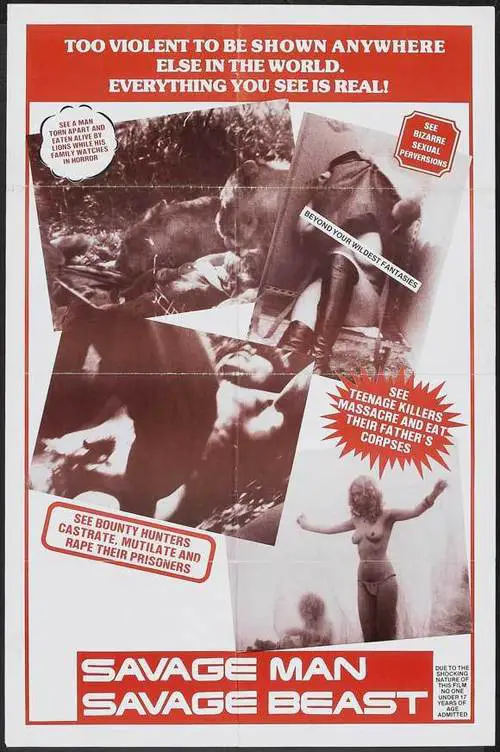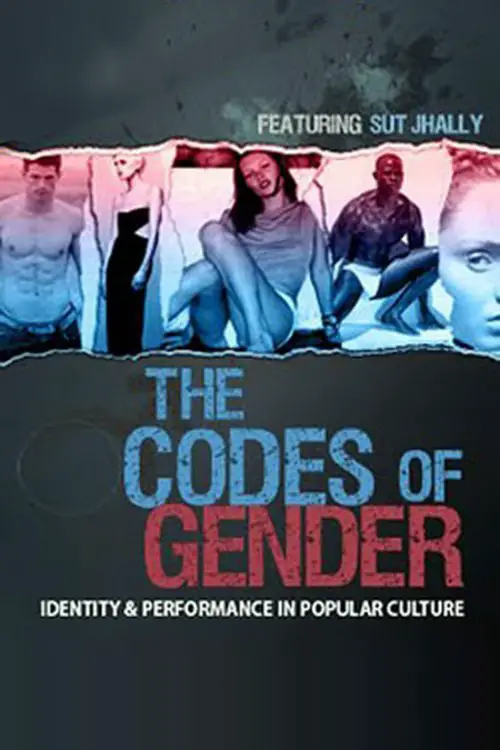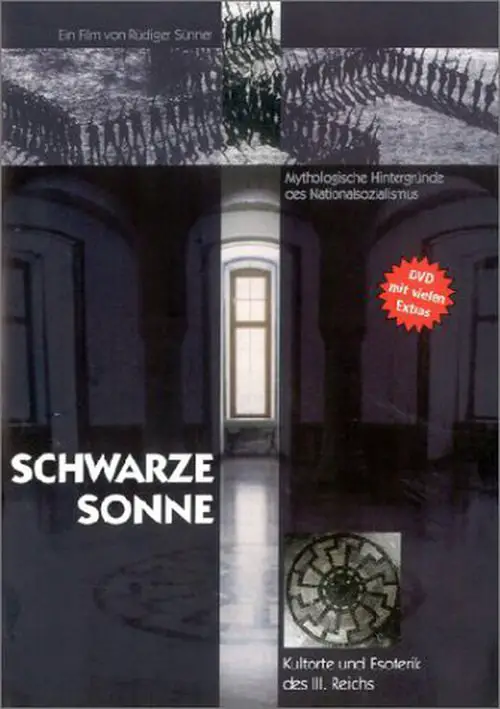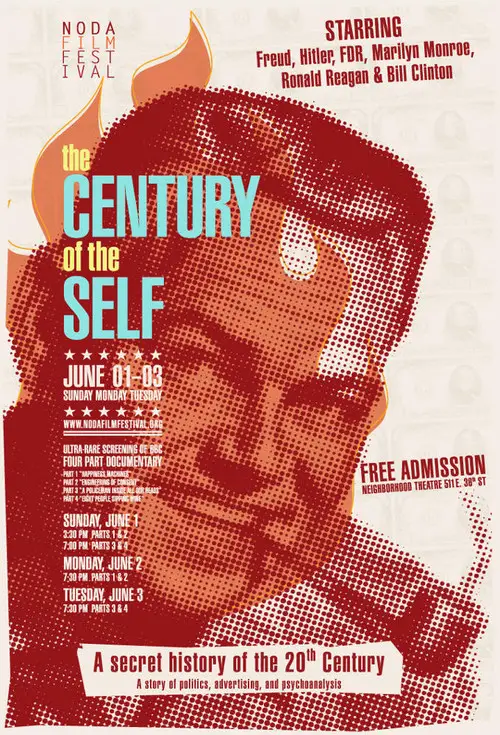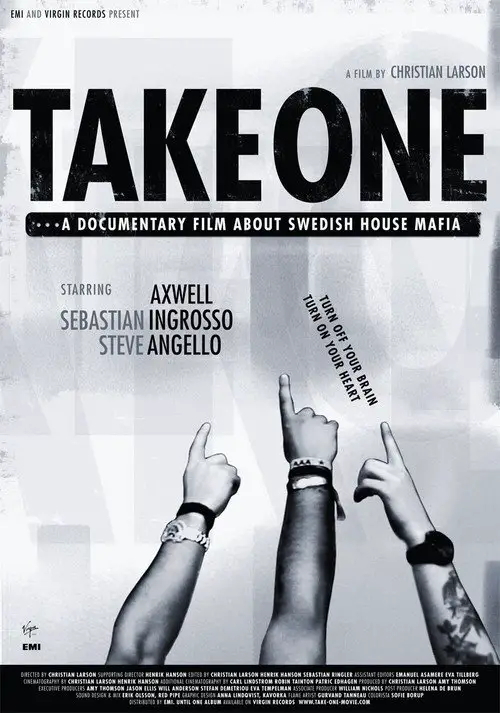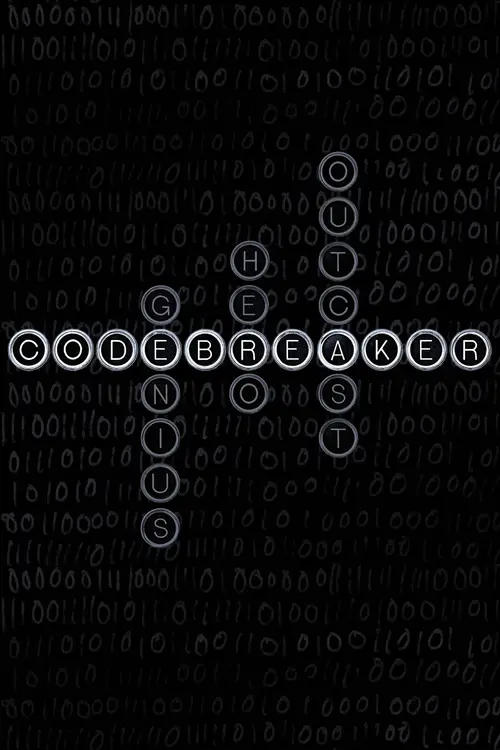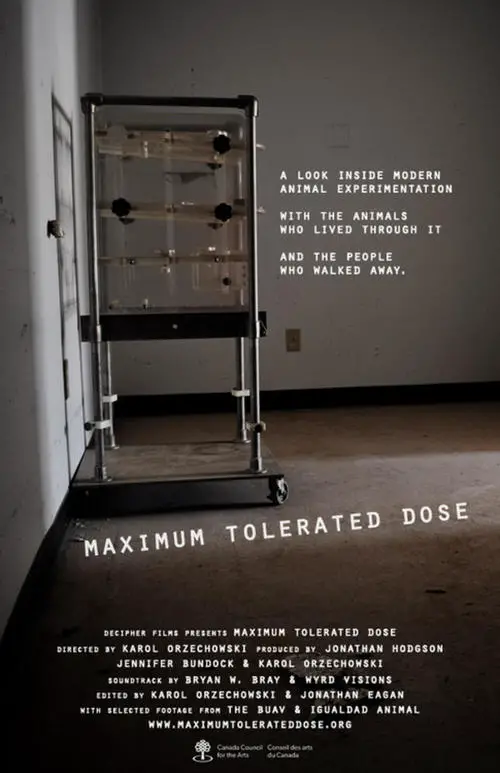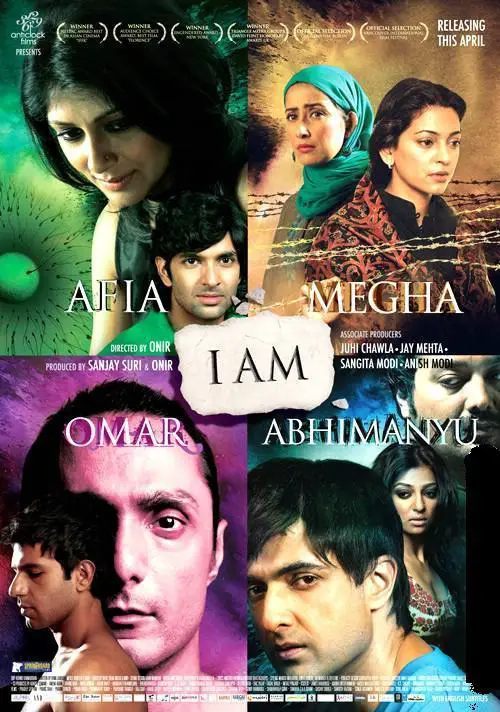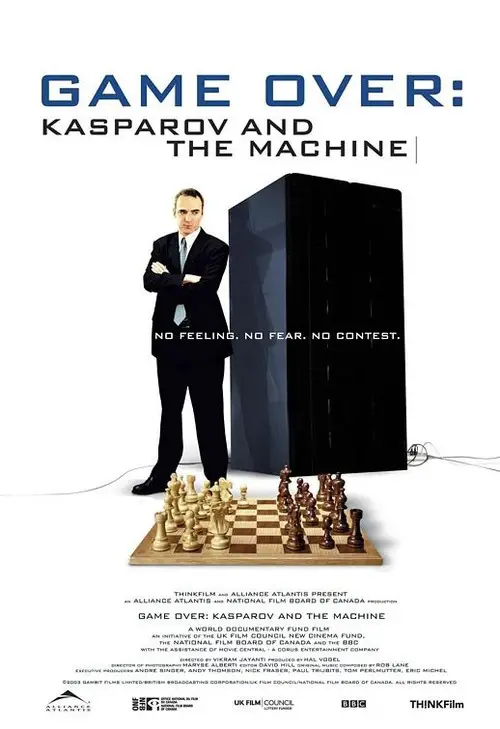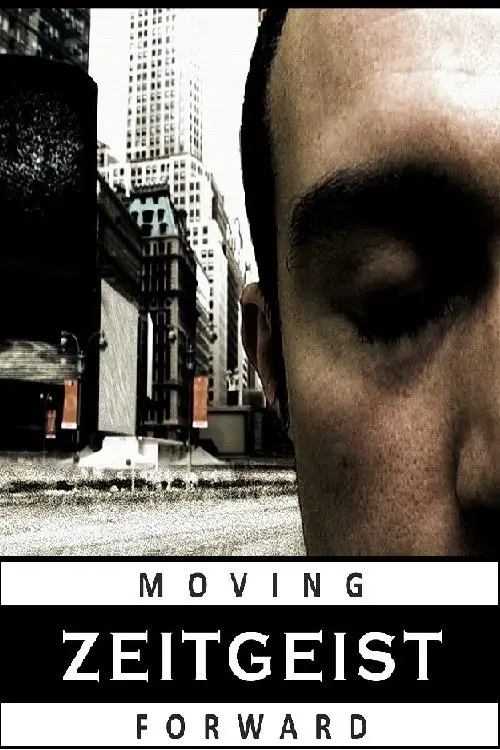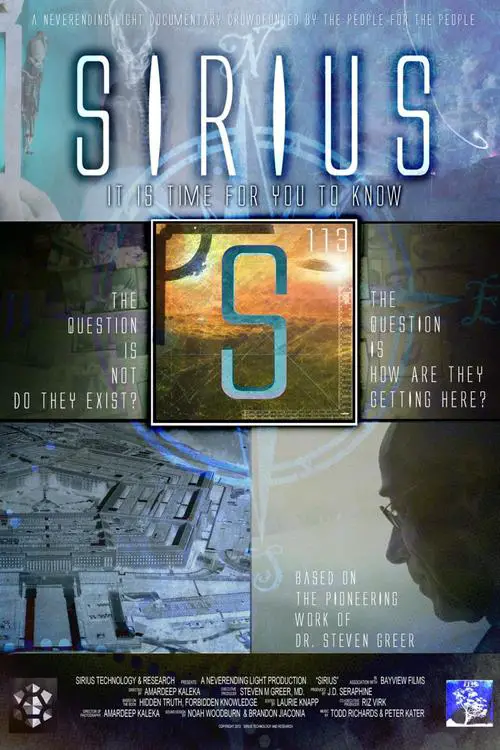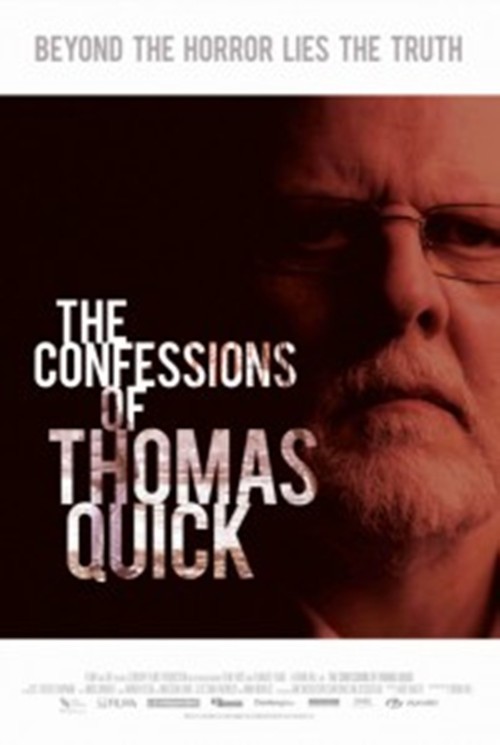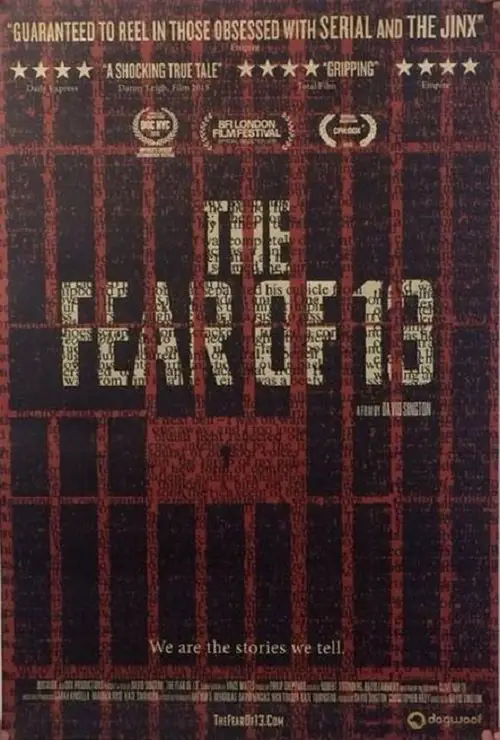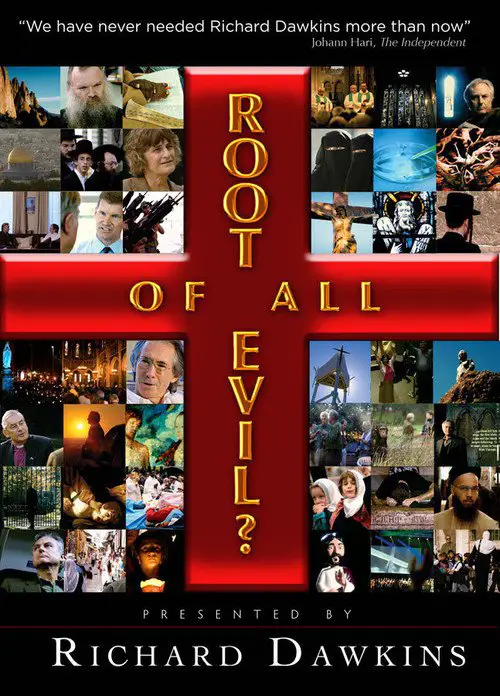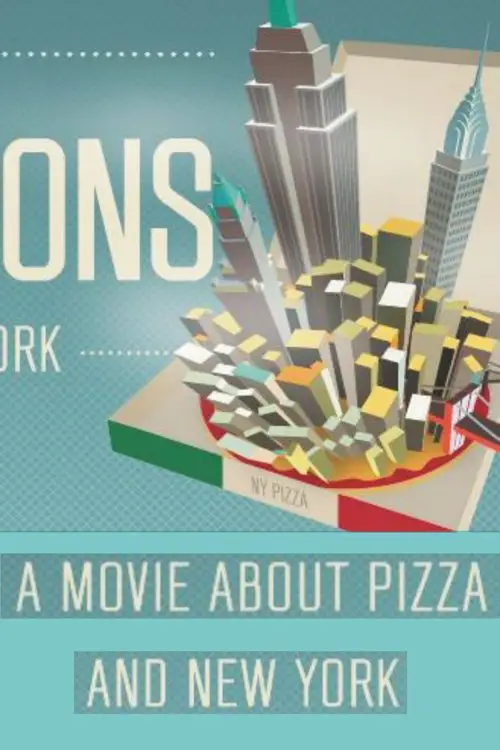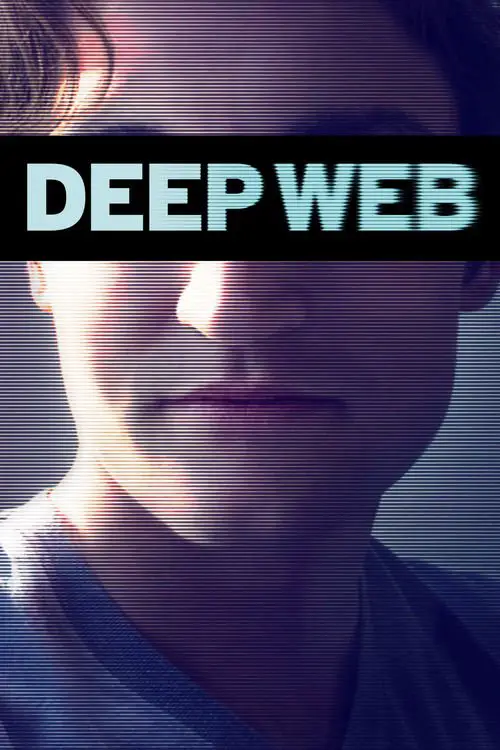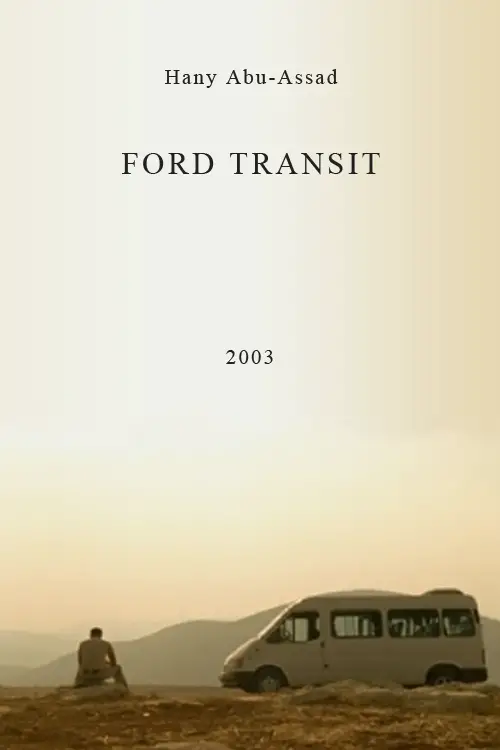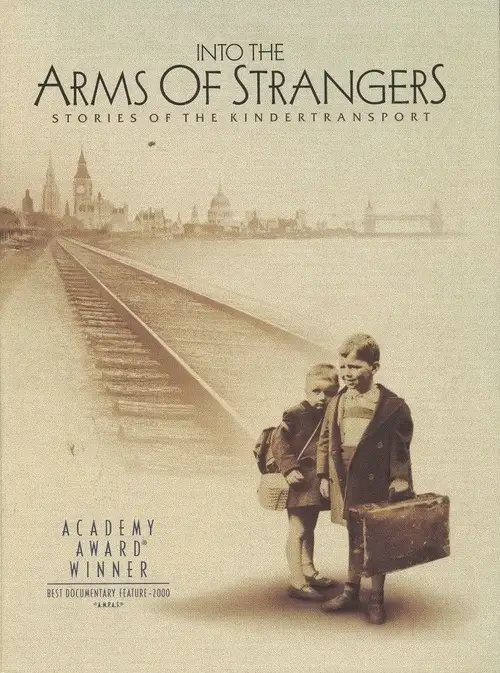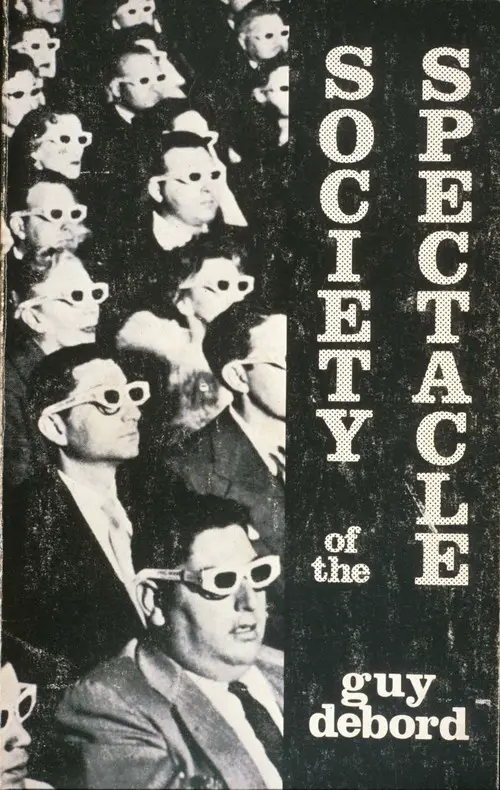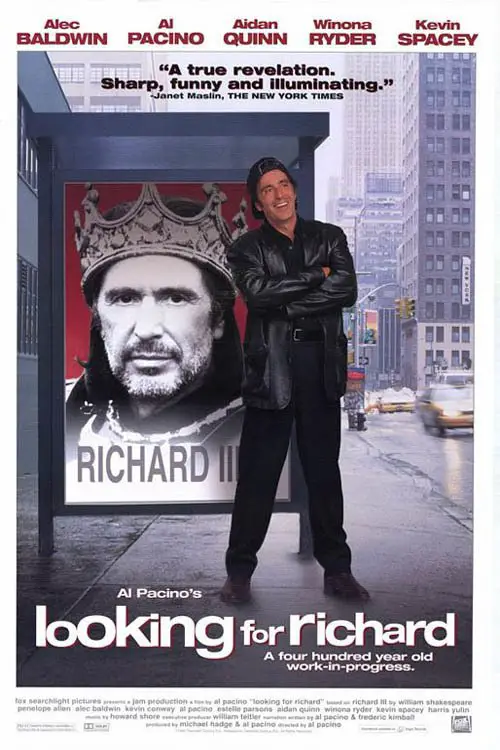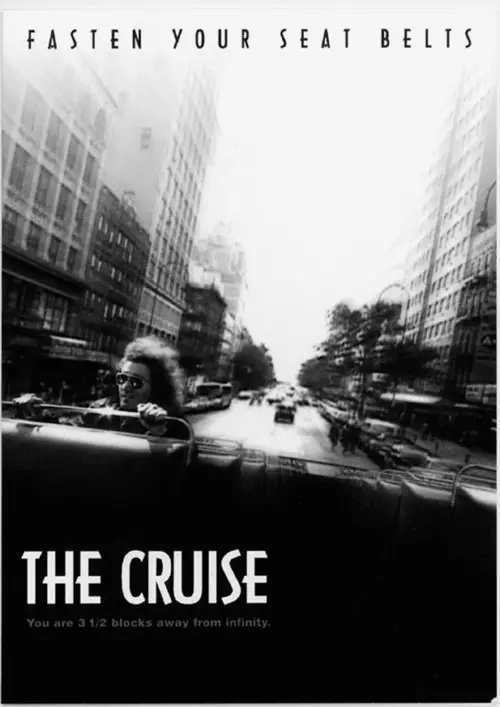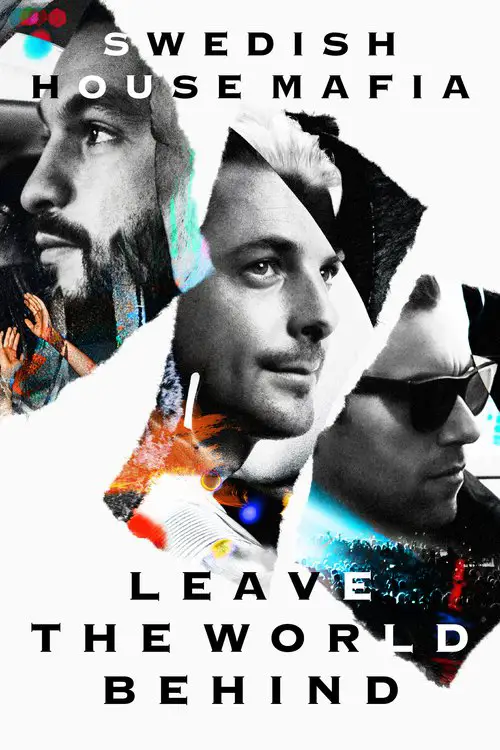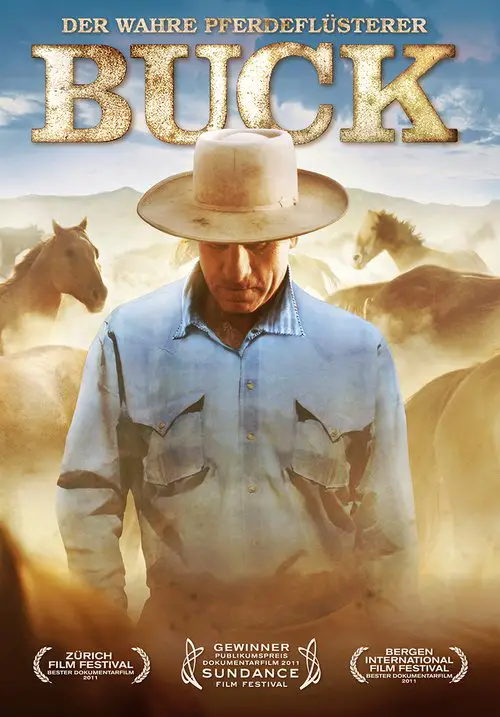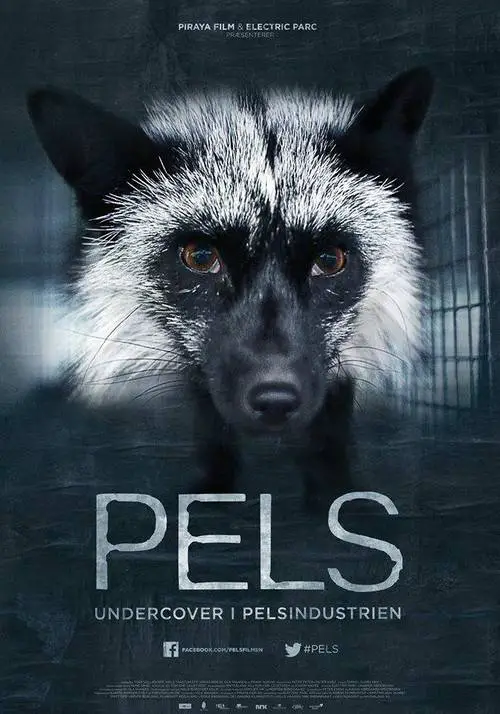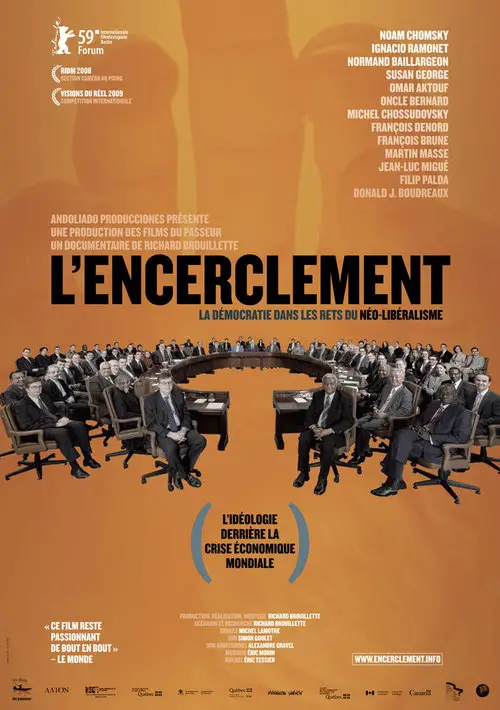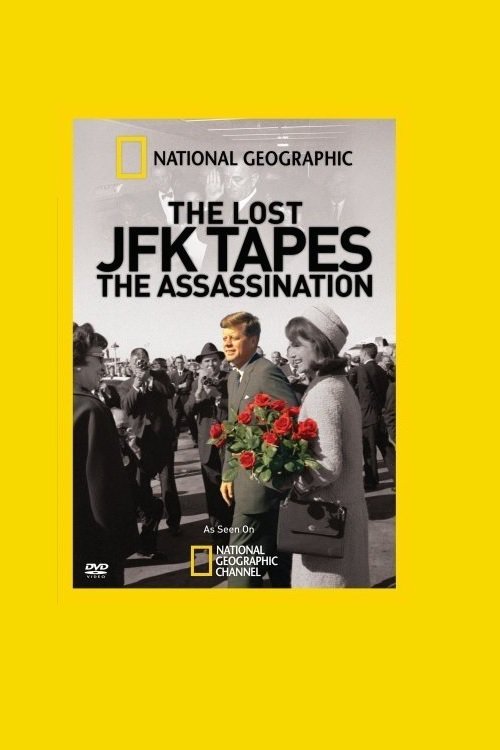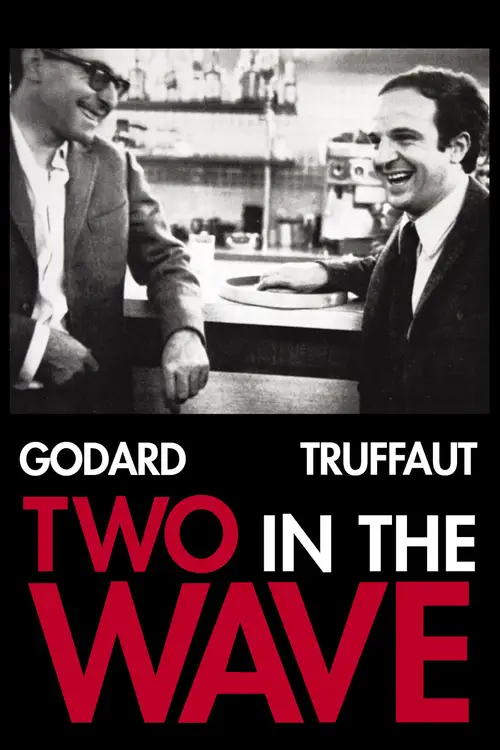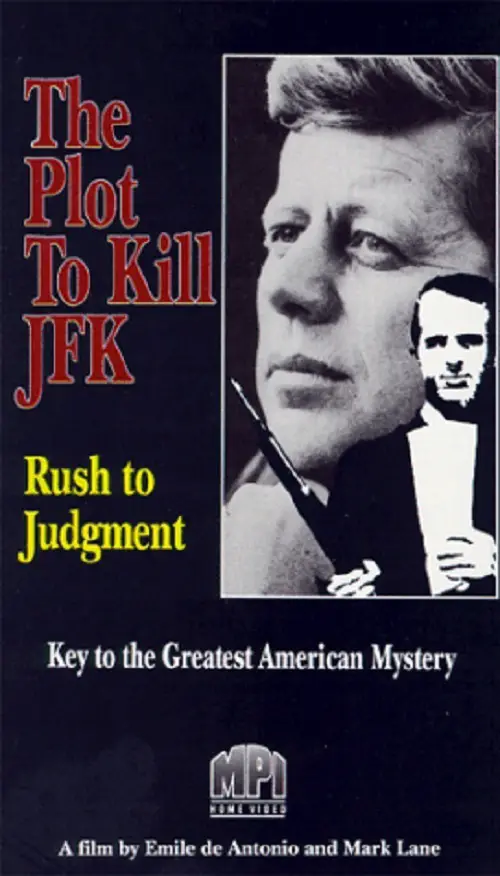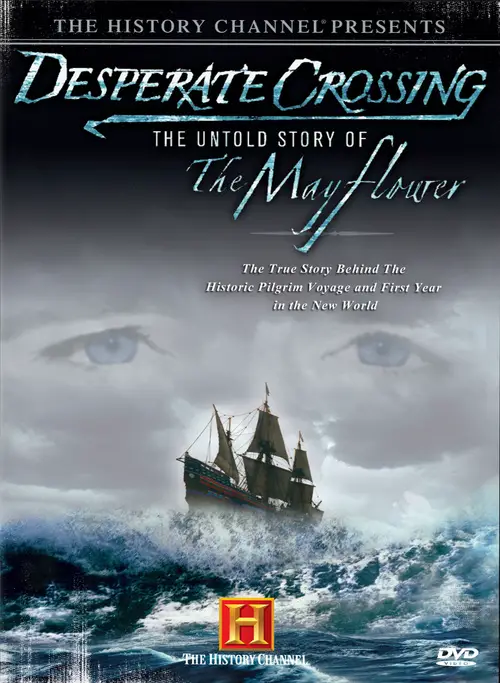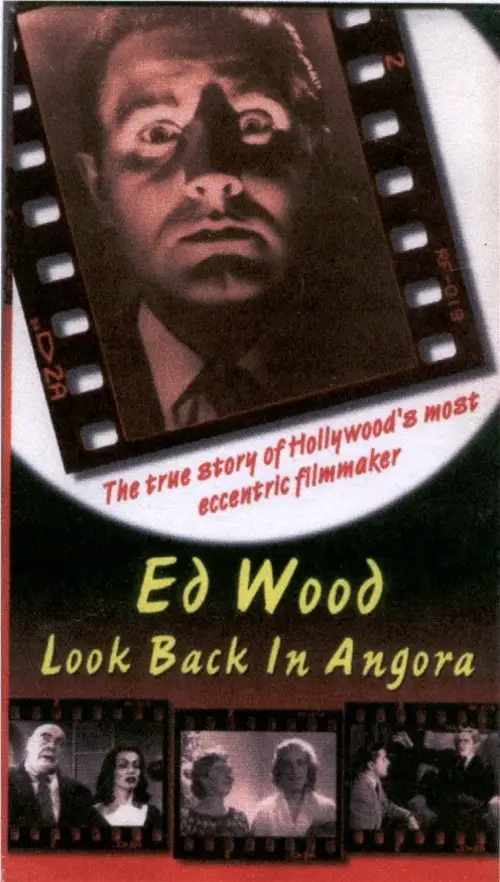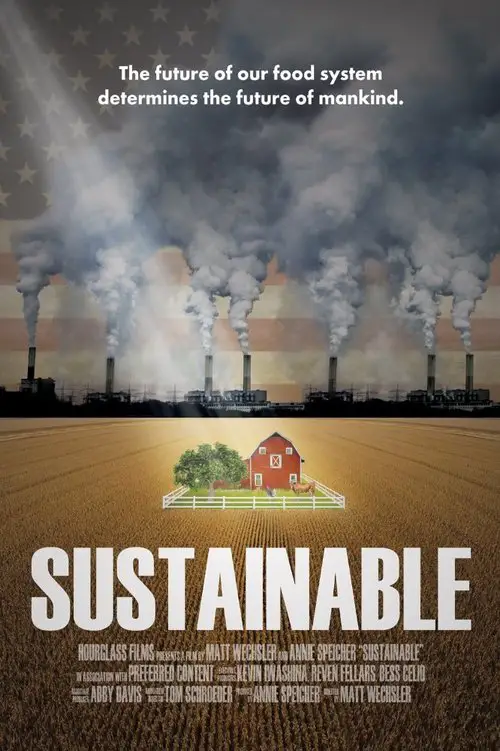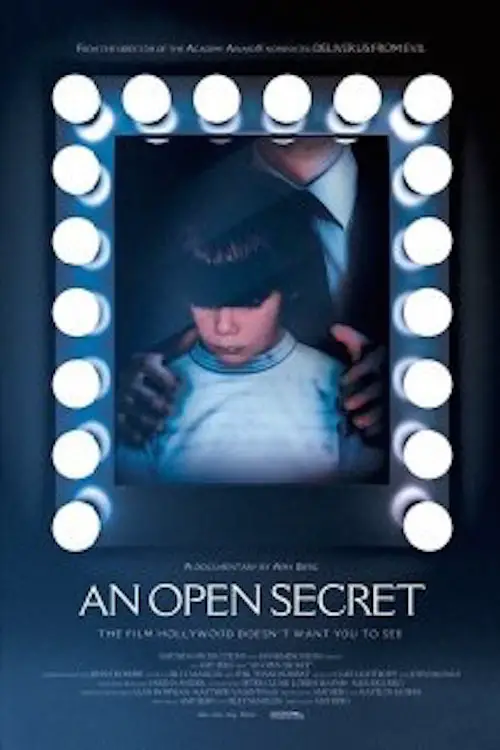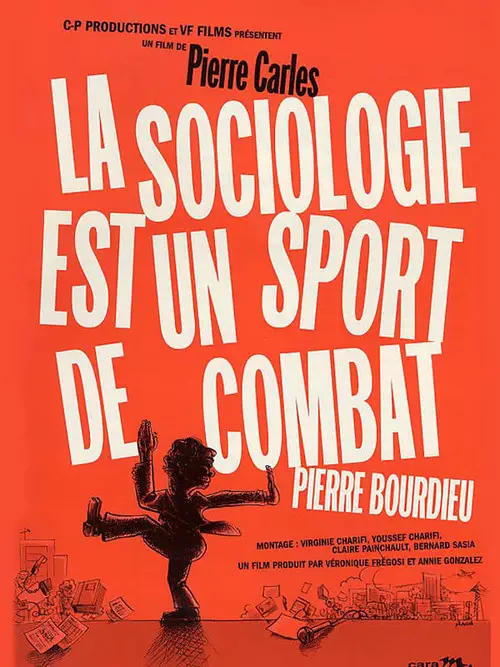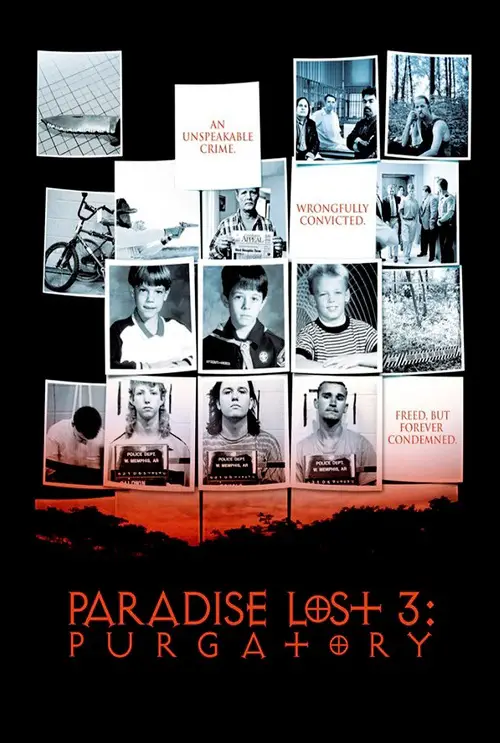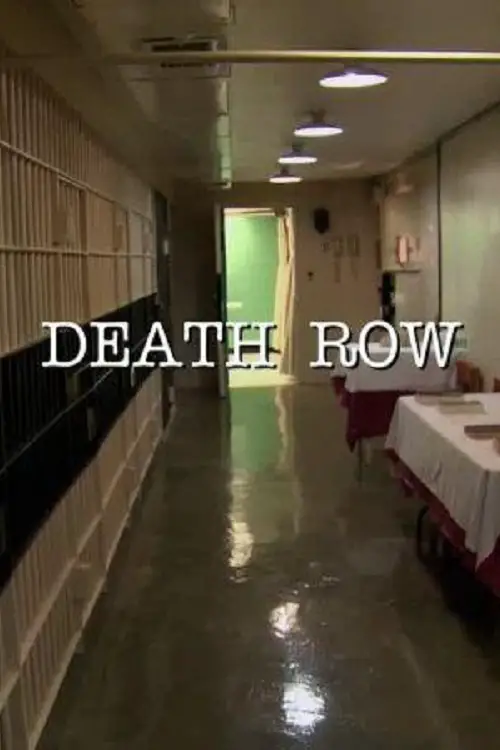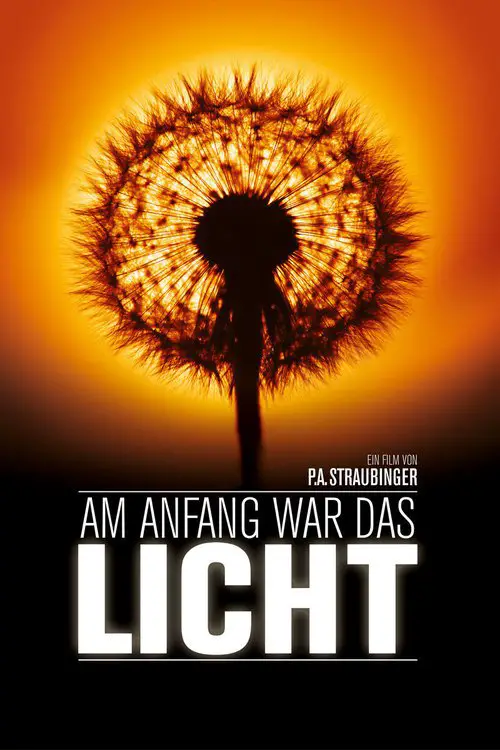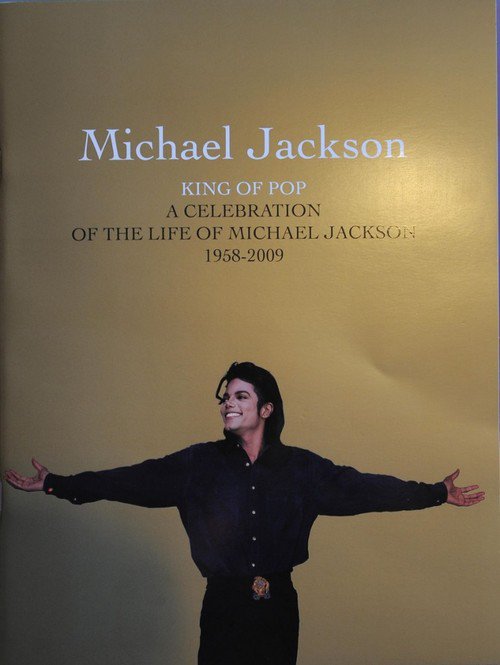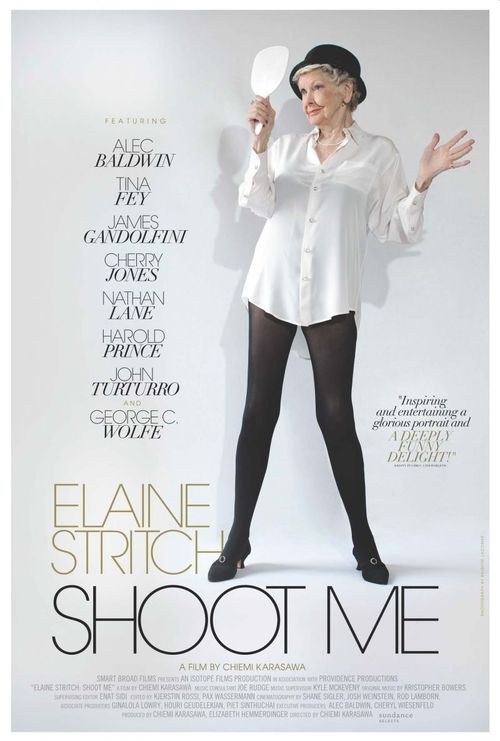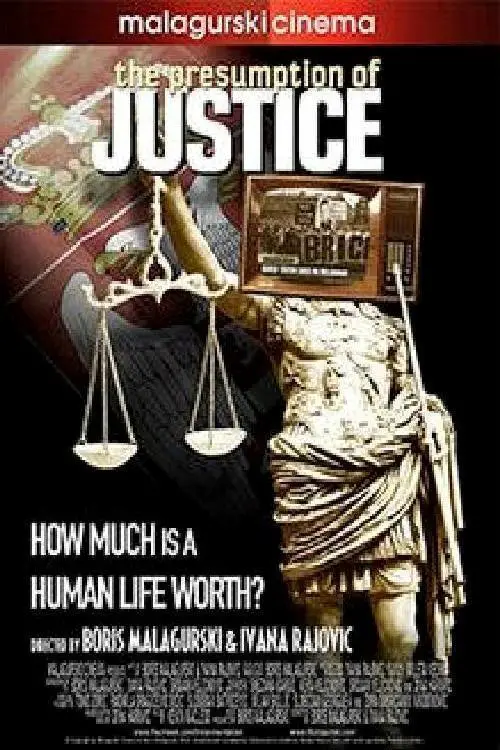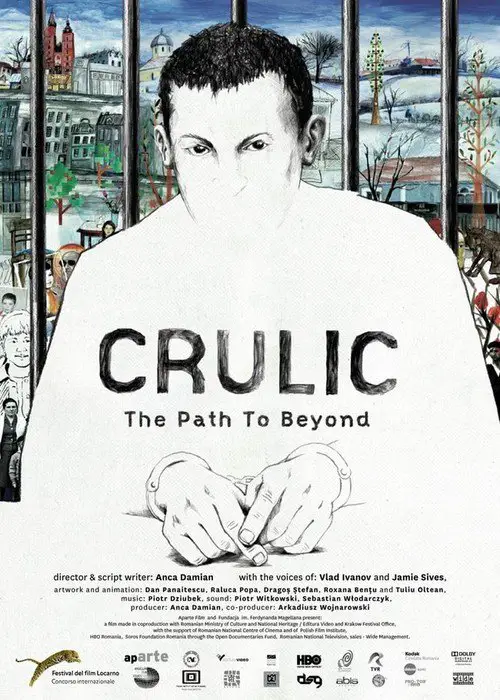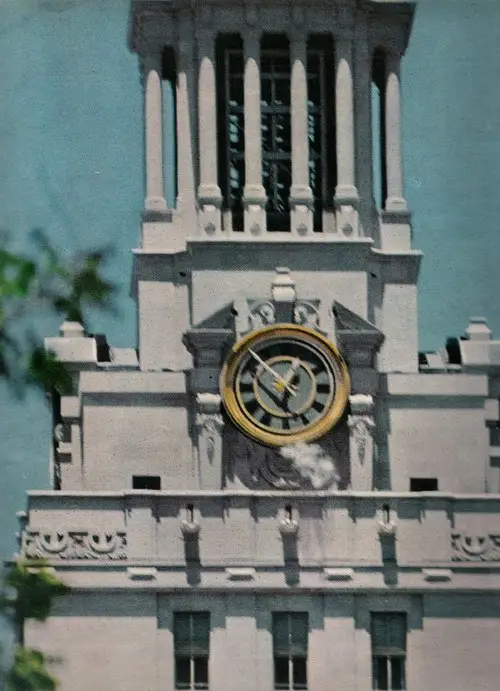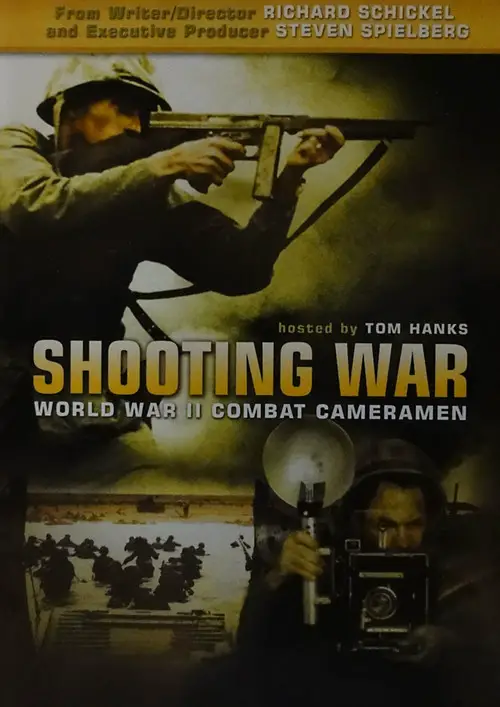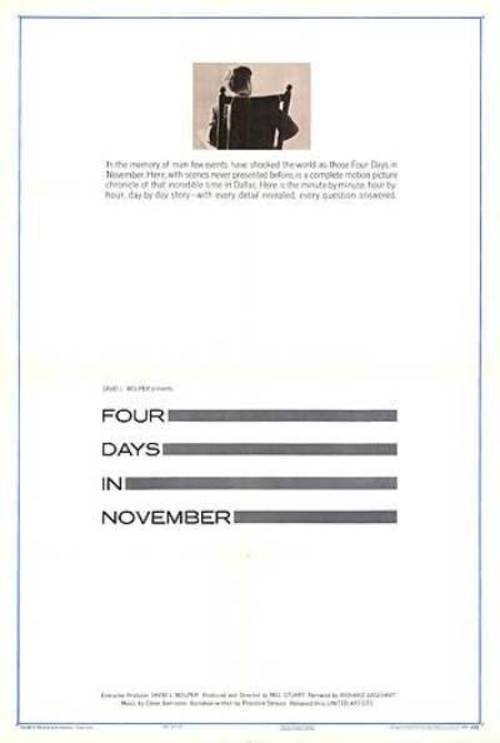The Iceman Tapes: Conversations with a Killer (1992)
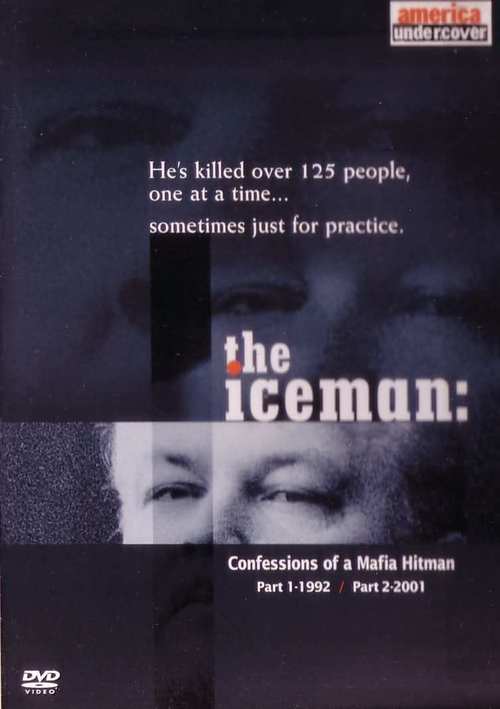
Similar movies
Robert Durst, scion of one of New Yorkâs billionaire real estate families, has been accused of three murders but never convicted. Brilliant, reclusive, and the subject of relentless media scrutiny, heâs never spoken publiclyâuntil now. During interviews with Andrew Jarecki, he reveals secrets of the case that baffled authorities for 30 years. In 2010, Jarecki made the narrative film All Good Things based on the infamous story of Robert Durst. After Durst saw the film, he contacted Jarecki wanting to tell his story. What began as a feature documentary ultimately became a six-part series as more and more of his incredible story was revealed.
A Finished Life: The Goodbye & No Regrets Tour is a feature length documentary about Gregg Gour, a 48-year-old gay man with AIDS, who, when given six months to live, takes the road trip of his life. Gregg had been HIV positive for 24 years and during that time the side effects of the medications made him increasingly sicker than the virus itself. In the last several years he felt that his quality of life had diminished considerably, so he choose to go off his meds and no longer fight death. After giving away all of his belongings, Gregg buys an RV and travels across the United States with his dog, Cody, saying goodbye to family and friends who have to come to terms with Gregg's decision: That rather than suffer a long, painful death, he will end his own life before allowing the progressing illness to take away his independence.
Arguing that advertising not only sells things, but also ideas about the world, media scholar Sut Jhally offers a blistering analysis of commercial culture's inability to let go of reactionary gender representations. Jhally's starting point is the breakthrough work of the late sociologist Erving Goffman, whose 1959 book The Presentation of the Self in Everyday Life prefigured the growing field of performance studies. Jhally applies Goffman's analysis of the body in print advertising to hundreds of print ads today, uncovering an astonishing pattern of regressive and destructive gender codes. By looking beyond advertising as a medium that simply sells products, and beyond analyses of gender that tend to focus on either biology or objectification, The Codes of Gender offers important insights into the social construction of masculinity and femininity, the relationship between gender and power, and the everyday performance of cultural norms.
A historical analysis of how groups such as the Naziâs may use language, symbols, and religious connotation in order to come to power. It raises questions that deserve in depth analysis and consideration. Questions include: Where do legends expand our thinking and where do they bury it? When does spiritual pursuit suddenly turn into fanaticism and violence? Last, have we as a society learned from our past, and if so have forgotten the lessons of the 20th Century? Are we now embarking on a new level only to learn the same old lessons about humanity again? In addressing these questions we are taken into the back drop of the history of Germany beginning in the late 1800âs through the late 20th Century at the eve of the 21st. âA society that does not take archetypes, myths, and symbols seriously will possibly be jumped by them from behind.â
Through the experiences of two women in Paris and London, Ghost Dance offers an analysis of the complexity of our conceptions of ghosts, memory and the past. The film focuses on the French philosopher Jacques Derrida, who observes, 'I think cinema, when it's not boring, is the art of letting ghosts come back.' He also says that 'memory is the past that has never had the form of the present.'
ŽIŽEK! trails the thinker as he crisscrosses the globe, racing from New York City lecture halls, through the streets of Buenos Aires, and even stopping at home in Ljubljana, Slovenia. All the while Žižek obsessively reveals the invisible workings of ideology through his unique blend of Lacanian psychoanalysis, Marxism, and critique of pop culture.
This unique film follows a group of 3 DJs Axwell, Steve Angello and Sebastian Ingrosso as Swedish House Mafia over the course of 2 years, 285 gigs and 15 countries. The film charts their journey from the point at which the Swedish House Mafia really starts to cause big waves to finishing their first hit single, ONE, under a ground breaking joint venture record deal with Virgin Records. There are appearences by Kylie Minogue, Pharell Williams, Tinie Tempah and Dirty South and the film was directed by Christian Larson.
Alan Turing is the genius British mathematician who was instrumental in breaking the German naval Enigma Code during World War II, arguably saving millions of lives. Turing's achievements went unrecognised during his lifetime. Instead he ended up being treated as a common criminal, for being homosexual at a time when homosexual acts were a crime. In 1952, he was convicted of 'gross indecency' with another man and was forced to undergo so-called 'organo-therapy' - chemical castration. Two years later, he killed himself with cyanide, aged just 41. Alan Turing was driven to a terrible despair and early death by the nation he'd done so much to save.
Maximum Tolerated Dose is the first feature-length documentary by Decipher Films. Equal parts found-footage mash-up, verité investigation, and artful meditation, the film charts the lives of both humans and non-humans who have experienced animal testing first-hand, with hauntingly honest testimony of scientists and lab technicians whose ethics demanded they choose a different path, as well as the simultaneously heartwarming and heartbreaking stories of animals who have seen both sides of the cage. MTD aims to re-ignite the debate about animal testing by bringing these rarely-heard perspectives to the fore.
I Am is a 2011 Indian anthology film by Onir. It consists of four short films: "Omar", "Afia", "Abhimanyu", and "Megha". Each film shares the common theme of fear and each is also based on real life stories. The film was financed by donations from more than 400 different people around the world, many of whom donated through social networking sites like Facebook. There are four stories but the characters are interwoven with each story. "Abhimanyu" is based on child abuse, "Omar" on gay rights, "Megha" is about Kashmiri Pandits and "Afia" deals with sperm donation. I Am was released with subtitles in all regions as six different languages are spoken in the film: Hindi, English, Kannada, Marathi, Bengali and Kashmiri.
Garry Kasparov is possibly the greatest chess player who has ever lived. In 1997, he played a match against the greatest chess computer: IBM's Deep Blue. He lost. This film depicts the drama that happened away from the chess board from Kasparov's perspective. It explores the psychological aspects of the game and the paranoia surrounding IBM's ultimate chess machine.
A fictional investigative documentary looks back on the "assassination" of George W. Bush and attempts to answer the question of who committed the murder. Perhaps less morbid and disturbing to watch now than during Bush's presidency, the film doesn't address Bush's policies at all, instead focusing on the way a nation assigns blame in a time of crisis.
Documentary filmmaker Amy Berg investigates the life of 30-year pedophile Father Oliver O'Grady and exposes the corruption inside the Catholic Church that allowed him to abuse countless children. Victims' stories and a disturbing interview with O'Grady offer a view into the troubled mind of the spiritual leader who moved from parish to parish gaining trust ... all the while betraying so many.
Zeitgeist: Moving Forward, by director Peter Joseph, is a feature length documentary work which will present a case for a needed transition out of the current socioeconomic monetary paradigm which governs the entire world society. This subject matter will transcend the issues of cultural relativism and traditional ideology and move to relate the core, empirical "life ground" attributes of human and social survival, extrapolating those immutable natural laws into a new sustainable social paradigm called a "Resource-Based Economy".
A loner from an early age, Thomas Quick went on to become Sweden's most notorious serial killer, openly confessing to the gruesome murders of more than 30 people. Held for decades in a psychiatric institute, Quick's confessions emerged after years working with a group of touchy feely therapists, convinced that the recovery of memories would cure patients of their criminality. In a country with a low crime rate, the nation watched with horror as Quick's confessions mounted, accounting for many of the country's unsolved murders. With testimonials from a range of people whose lives have been dominated by this story - including Quick himself - and dramatic reenactment, Brian Hill weaves a stylish noir thriller that works a treat on the big screen. What appears at first to be a tale of unimaginable evil evolves into something much more layered as Hill digs deep into the motivations behind those working closely with Quick.
In this two-part Channel 4 series, Professor Richard Dawkins challenges what he describes as 'a process of non-thinking called faith'. He describes his astonishment that, at the start of the 21st century, religious faith is gaining ground in the face of rational, scientific truth. Science, based on scepticism, investigation and evidence, must continuously test its own concepts and claims. Faith, by definition, defies evidence: it is untested and unshakeable, and is therefore in direct contradiction with science. In addition, though religions preach morality, peace and hope, in fact, says Dawkins, they bring intolerance, violence and destruction. The growth of extreme fundamentalism in so many religions across the world not only endangers humanity but, he argues, is in conflict with the trend over thousands of years of history for humanity to progress to become more enlightened and more tolerant.
So often a documentary will try to capture the supposed real experience of life in New York City, and fail miserably. Usually this is because the filmmaker tries to incorporate larger-than-life characters, and give his audience just one somewhat overwhelming experience of life on this busy little island. In the NY Pizza Confessions, Finbarr Wilbrink, instead focuses his camera on plain everyday people, and the result is genuine New York.
Every year, thousands of commercials are made that never reach our TV screens, deemed too shocking to see. In order to make it onto the screen, they must clear all manner of obstacles, from fussy clients to obsessive regulators and restrictive rights issues. X-Rated takes a look at these outlawed pieces of advertising, revealing the most explicit, controversial and shocking ads never seen. These are ads that break all manner of taboos, from sex, violence, blasphemy, homosexuality, animal cruelty, rapping pensioners, swearing children, suicidal toys and naked athletes to Kylie in her undies on a bucking bronco. Amongst the contributors are advertising executives, producers and censors. The programme also takes a look at the embarrassing world of western celebrities in Japanese ads.
This documentary follows superstar Bret Hart during his last year in the WWF. The film documents the tensions that resulted in The Montreal Screwjob, one of the most controversial events in the history of professional wrestling, in which Vince McMahon, Shawn Micheals, and others, legitimately conspired behind the scenes to go against the script and remove Bret Hart as champion.
Deep Web gives the inside story of one of the the most important and riveting digital crime sagas of the century -- the arrest of Ross William Ulbricht, the convicted 30-year-old entrepreneur accused to be 'Dread Pirate Roberts,' creator and operator of online black market Silk Road. The film explores how the brightest minds and thought leaders behind the Deep Web are now caught in the crosshairs of the battle for control of a future inextricably linked to technology, with our digital rights hanging in the balance.
The movie follows Rajai, a Ford Transit driver which is the most popular transportation in the Palestinian occupied territories (occupied by Israel). While taking a ride with Rajai, we experience the frustrating situation the Palestinian need to deal with. On our trips from the roadblock in Ramallah to the roadblock in Jerusalem, we get to hear analysis of the situation by all kinds of random transporters, people from different religions, origins, and levels of class.
Affectionate portrait of Tim "Speed" Levitch, a tour guide for Manhattan's Gray Line double-decker buses. He talks fast, is in love with the city, and dispenses historical facts, architectural analysis, and philosophical musings in equal measures. He's reflective and funny about cruising: he loves it, got in it to meet women, and he'd quit work if he could. His personal life is disclosed in small
A music documentary following the breakup of Swedish House Mafia and their subsequent One Last Tour. The largest electronic tour in history, selling over 1 million tickets in one week. Director Christian Larson captures the band in a unique fly on the wall manner as they call it quits and seek closure by going on the tour they had always dreamed of. With breathtaking live moments, huge laughs and dark lows, the band start to unravel why they came to the decision to end the biggest achievement of their lives to date to save their friendship. The film maps out three of the biggest stars in a scene which has gripped youth the world over and the psychology of the band. A film not to be missed.
A group of highly motivated activists work for years with the goal of exposing the true face of the Nordic fur industry. They sneak into hundreds of fur farms. When their images are publicized it causes media feasts and public outrage, year after year. However, the industry always strikes back. Nothing changes. A new approach is needed. So, psychologist Frank Nervik tells the fur industry that he plans to become a fur farmer. He asks for training. Nervik is accepted as one of them, and starts learning the trade secrets. Without anybody knowing, he films his training with a hidden camera.
In this remarkable documentary, Noam Chomsky offers a riveting but devastating critique of America's current war on terror arguing, in fact, that it is a logistical impossibility for such a war to be taking place. Professor Chomsky presents his reasoning with astonishing and refreshing clarity, drawing from a wealth of historical knowledge and analysis. "Only those who are entirely ignorant of modern history will be surprised by the course of events, or by the justifications that are provided..."
President John F. Kennedy's 1963 assassination in Dallas has sparked decades of questions and controversy. The "lost" JFK recordings made available for this documentary -- including local TV and radio reports -- shed new light on the tragedy. The rarely seen material has been organized to capture the drama as it unfolded, including the shocked reactions of Dallas citizens, many of whom were caught up directly in the sweep of events.
So much more than simply the story of the Thanksgiving meal, the epic saga of the Pilgrims is one of the fundamental narratives of our nation. This ambitious documentary presents the definitive history of the Pilgrims and their journey to and colonization of the New World. A marriage of feature-film quality historical reenactments with the latest scholarship and analysis of original source material, this definitive look at the Pilgrims' progress will shed light on the reality of their experience.
This documentary of the Rolling Stones' 1969 US tour has become a legendary, harrowing symbol of the tragic demise of the "Peace and Love" era. After a successful tour across the US, the Rolling Stones gave a free December concert at Altamont Speedway in California with the Grateful Dead, Ike and Tina Turner, Jefferson Airplane, and the Flying Burrito Brothers. The band unwisely selected the Hells Angels to provide security, and the bikers resorted to violence to keep the stoned, restless, and often naked crowd in line. The result: dozens of injuries and the on-screen stabbing of a young black man (during "Sympathy for the Devil") by one of the concert's staff security. In a manipulative but effective move, the Maysles brothers filmed Mick Jagger in the editing room witnessing the on-camera murder for the first time. The film also works as a rock-and-roll document, capturing the band at their most relaxed, intoxicating, and electrifying.
Broadway legend Elaine Stritch remains in the spotlight at eighty-seven years old. Join the uncompromising Tony and Emmy Award-winner both on and off stage in this revealing documentary. With interviews from Tina Fey, Nathan Lane, Hal Prince and others, Elaine Stritch: Shoot Me blends rare archival footage and intimate cinema vérité to reach beyond Stritchâs brassy exterior, revealing a multi-dimensional portrait of a complex woman and an inspiring artist.
Through the socio-political overview of the problematic structure of fan clubs and football supporters in Serbia, this movie focuses on a particular case of an incident involving a French citizen - football fan in Belgrade, which led to 12 young people being convicted to 240 years of prison. One of them is Stefan Velickovic. This is the story about the man who became a part of a huge political scandal, and his right to defend himself. As someone who has not even been at the spot of the incident, he has been pronounced guilty of a crime. What are the interests and intentions for making Stefan a scapegoat?
The animated documentary feature-length Crulic The Path to Beyond tells the story of the life of Crulic, the 33 years old Romanian accused of having stolen a wallet from the important Polish Judge. Crulic is brought to the Krakow Detention Center Custody prison. He decided to start a hunger strike from the day he was arrested, asking for: a meeting with somebody from the Romanian Consulate
On August 1st, 1966, a sniper rode the elevator to the top floor of the University of Texas Tower and opened fire, holding the campus hostage for 96 minutes. When the gunshots were finally silenced, the toll included 16 dead, three dozen wounded, and a shaken nation left trying to understand. Combining archival footage with rotoscopic animation in a dynamic, never-before-seen way, TOWER reveals the action-packed untold stories of the witnesses, heroes and survivors of Americaâs first mass school shooting, when the worst in one man brought out the best in so many others.
A remarkable film that takes a special look at the first war to be truly reported and recorded by one of the more unsung heroes of World War II: the combat photographer. Through the unflinching eye of their camera's lenses, these courageous soldiers continually risked their lives in their brave attempts to capture history.
© Valossa 2015–2026
| Privacy Policy

